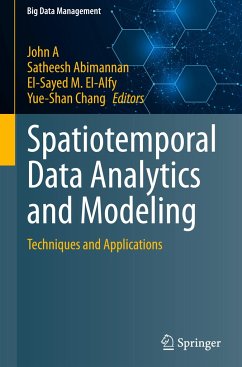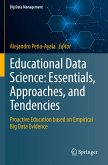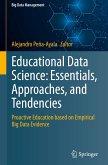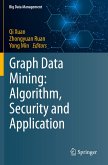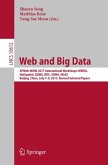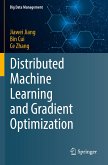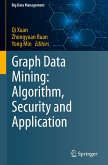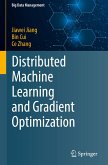With the growing advances in technology and transformation to digital services, the world is becoming more connected and more complex. Huge heterogeneous data are generated at rapid speed from various types of sensors. Augmented with artificial intelligence and machine learning and internet of things, latent relations, and new insights can be captured helping in optimizing plans and resource utilization, improving infrastructure, and enhancing quality of services.
A "spatial data management system" is a way to take care of data that has something to do with space. This could include data such as maps, satellite images, and GPS data. A temporal data management system is a system designed to manage data that has a temporal component. This could include data such as weather data, financial data, and social media data. Some advanced techniques used in spatial and temporal data management systems include geospatial indexing for efficient querying and retrieval of location-based data, time-series analysis for understanding and predicting temporal patterns in datasets like weather or financial trends, machine learning algorithms for uncovering hidden patterns and correlations in large and complex datasets, and integration with Internet of Things (IoT) technologies for real-time data collection and analysis. These techniques, augmented with artificial intelligence, enable the extraction of latent relations and insights, thereby optimizing plans, improving infrastructure, and enhancing the quality of services.
This book provides essential technical knowledge, best practices, and case studies on the state-of-the-art techniques of artificial intelligence and machine learning for spatiotemporal data analysis and modeling. The book is composed of several chapters written by experts in their fields and focusing on several applications including recommendation systems, big data analytics, supply chains and e-commerce, energy consumption and demand forecasting,and traffic and environmental monitoring. It can be used as academic reference at graduate level or by professionals in science and engineering related fields such as data science and engineering, big data analytics and mining, artificial intelligence, machine learning and deep learning, cloud computing, and internet of things.
A "spatial data management system" is a way to take care of data that has something to do with space. This could include data such as maps, satellite images, and GPS data. A temporal data management system is a system designed to manage data that has a temporal component. This could include data such as weather data, financial data, and social media data. Some advanced techniques used in spatial and temporal data management systems include geospatial indexing for efficient querying and retrieval of location-based data, time-series analysis for understanding and predicting temporal patterns in datasets like weather or financial trends, machine learning algorithms for uncovering hidden patterns and correlations in large and complex datasets, and integration with Internet of Things (IoT) technologies for real-time data collection and analysis. These techniques, augmented with artificial intelligence, enable the extraction of latent relations and insights, thereby optimizing plans, improving infrastructure, and enhancing the quality of services.
This book provides essential technical knowledge, best practices, and case studies on the state-of-the-art techniques of artificial intelligence and machine learning for spatiotemporal data analysis and modeling. The book is composed of several chapters written by experts in their fields and focusing on several applications including recommendation systems, big data analytics, supply chains and e-commerce, energy consumption and demand forecasting,and traffic and environmental monitoring. It can be used as academic reference at graduate level or by professionals in science and engineering related fields such as data science and engineering, big data analytics and mining, artificial intelligence, machine learning and deep learning, cloud computing, and internet of things.

